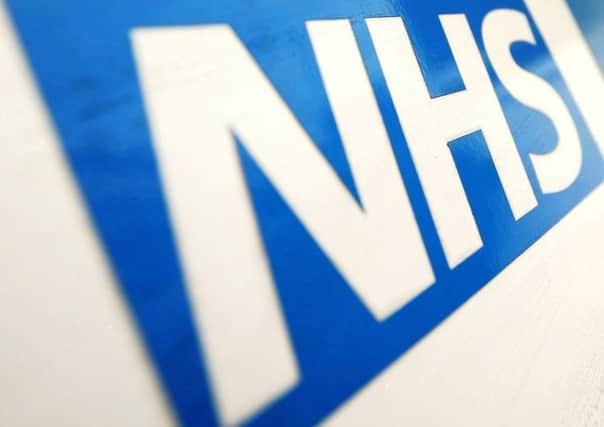Watchdog warns over cancer care ‘confusion’ after NHS shake-up


In a report highlighting the starkly lower survival chances of poorer and older patients, the National Audit Office (NAO) said action was needed to reduce the almost 20,000 deaths a year that would be avoided if those from deprived areas fared as well as the better off, but said there were now “fewer dedicated resources” to improving services.
Its report also found “important gaps” in data were hampering efforts to choose the best treatments for patients and ensure they represented good value for taxpayers’ money.
Advertisement
Hide AdAdvertisement
Hide AdThe report comes in the same week a cost-cutting review ended funding for 25 treatments in the Government’s Cancer Drugs Fund, which provides exceptional access to expensive treatments. The NAO suggested it was “difficult to evaluate in a meaningful way” the benefit of the £733 million already spent on the scheme.
The report welcomed improvements since 2010 among them an increase in survival rates after one and five years by four per cent, to 69 per cent and 49 per cent.
However, it said there was “considerable scope for further progress” with one in five still only being diagnosed in an emergency - leaving them twice as likely to die within 12 months. Patients in Wakefield and Hull were most likely in Yorkshire to be admitted as emergencies.
It said a target of having 85 per cent of patients treated within 62 days of a GP referral had not been met since the end of 2013. Numbers of NHS trusts missing the target had increased from 24 in the summer of 2012 to 62 in 2014.
Advertisement
Hide AdAdvertisement
Hide AdSurvival rates remain 10 per cent below the European average, with the elderly in the UK suffering notably poorer outcomes.
The NAO concluded: “There is a risk that the significant progress that has been made in improving cancer services and information will stall as a result of recent changes and pressure on resources.”
The Government’s shake-up of commissioning had resulted in more complex referral arrangements, there was “confusion” about responsibilities and it was “unclear” how NHS England was monitoring performance.
Margarent Hodge, chairman of the Commons Public Accounts Committee, said: “I’m astounded that, when it comes to getting and surviving cancer, the difference between the most and least deprived is so stark that if mortality rates were the same for the richest and poorest there would be almost 20,000 fewer deaths from cancer each year.”
Advertisement
Hide AdAdvertisement
Hide AdSean Duffy, national director for cancer at NHS England, said: “Cancer survival rates in England are at an all-time high, and patient experience on the up,” he said. “But it’s time for a fresh look at how we can do even better - with more focus on prevention, earlier diagnosis and modern radiotherapy and other services.”
Sarah Woolnough, of Cancer Research UK, said: “Too many patients are still diagnosed through emergency routes and older cancer patients are much less likely to have surgery than younger people.”
Juliet Bouverie, of Macmillan Cancer Support, said: “If we want to get serious about improving our survival rates in England then we are going to have to address some of the inequalities this report highlights. This means giving older people cancer treatment and care based on their needs, not on their age.”